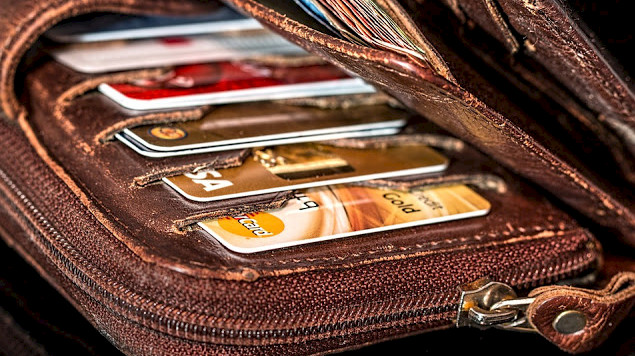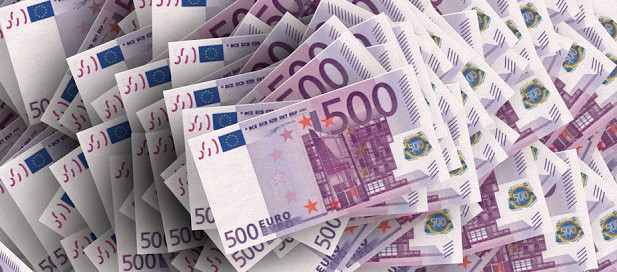Travel Tip Tuesday | Navigating Foreign Transaction Fees
Spend Your Money Wisely When Traveling Internationally
Travelers that use credit cards when traveling aboard almost always get hit with a foreign transaction fee on purchases or bank withdrawals. At the end of the day, credit and debit cards are the best way to exchange money and purchase items, but the hidden transaction fees are annoying. There are a few ways to navigate the fluctuating and confusing world of foreign transaction fees. The first thing to be aware of is that there are two types of fees imposed on foreign transactions.
 The first type of foreign transaction fee that you are likely to run into is called a currency conversion fee that ranges from 1% to 3% of the purchased amount. The second type of foreign transaction fee to look for is called the International ATM Fee and refers to the fee that banks and credit unions charge. As a ballpark figure, expect to pay between $1 and $5 for using an ATM in another country as well as a percentage on the amount of money that you withdraw. When you use an ATM in another country, the bank that owns that particular ATM may also have its own fee structure, adding an additional expense on top of the fees already imposed by your bank or credit union. The best way to travel is to use a no foreign transaction fee card to pay for purchases when traveling internationally.
The first type of foreign transaction fee that you are likely to run into is called a currency conversion fee that ranges from 1% to 3% of the purchased amount. The second type of foreign transaction fee to look for is called the International ATM Fee and refers to the fee that banks and credit unions charge. As a ballpark figure, expect to pay between $1 and $5 for using an ATM in another country as well as a percentage on the amount of money that you withdraw. When you use an ATM in another country, the bank that owns that particular ATM may also have its own fee structure, adding an additional expense on top of the fees already imposed by your bank or credit union. The best way to travel is to use a no foreign transaction fee card to pay for purchases when traveling internationally.
 If you absolutely need cash, plan ahead and shop around before you leave. Check out the rates your local bank offers or stores that offer currency exchange. It is important to find out if your bank has a network of partner institutions, if they do, this can save you the costly ATM fees when getting cash.
If you absolutely need cash, plan ahead and shop around before you leave. Check out the rates your local bank offers or stores that offer currency exchange. It is important to find out if your bank has a network of partner institutions, if they do, this can save you the costly ATM fees when getting cash.
Above all, it is best to avoid airport kiosks. They give out lower rates than the market rate and they will charge a large transaction fee. If you must have cash, in general, you will receive a better rate at your destination, rather than at an airport kiosk. The bottom line is if you must have cash, shop around and try to get as close to the market rate as possible.
